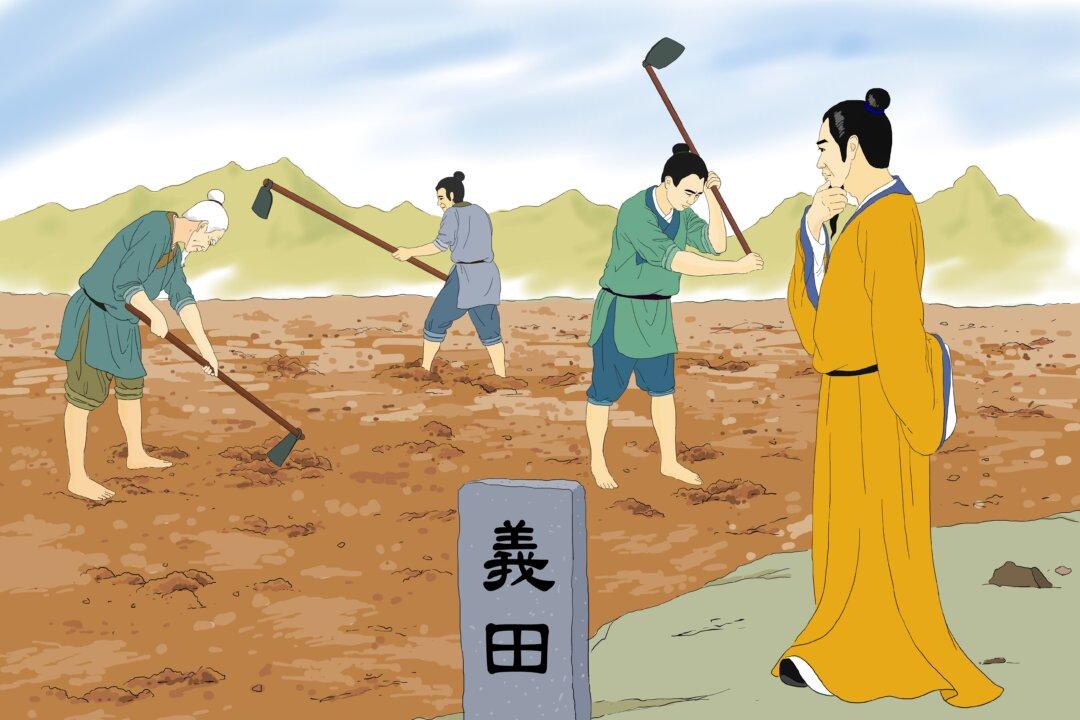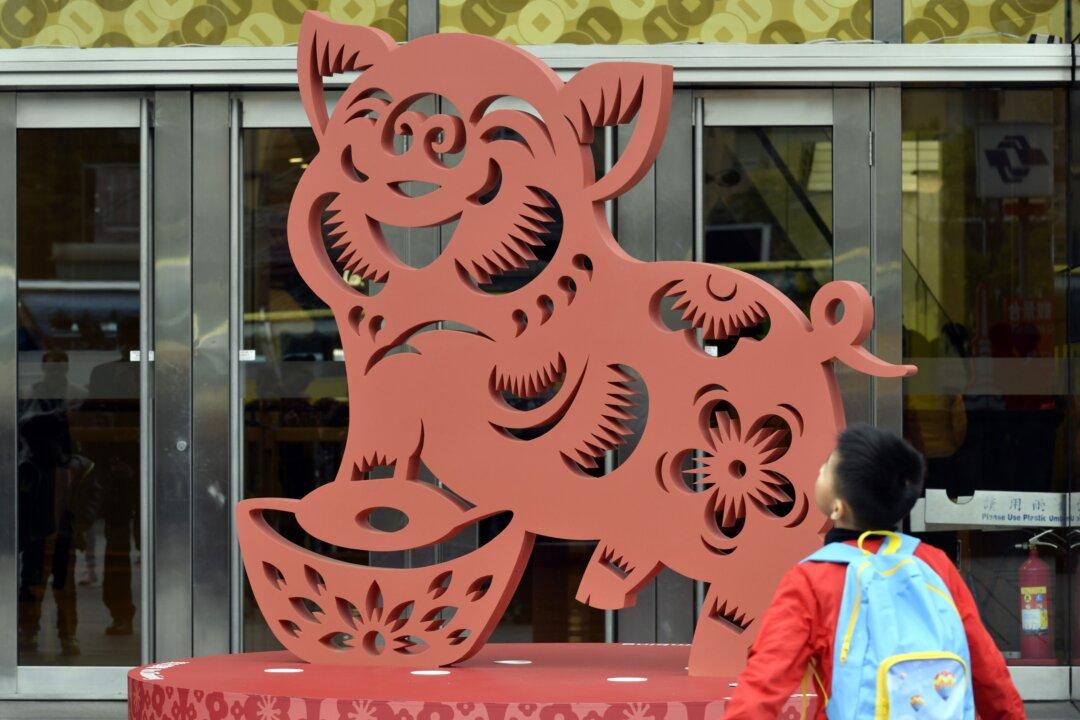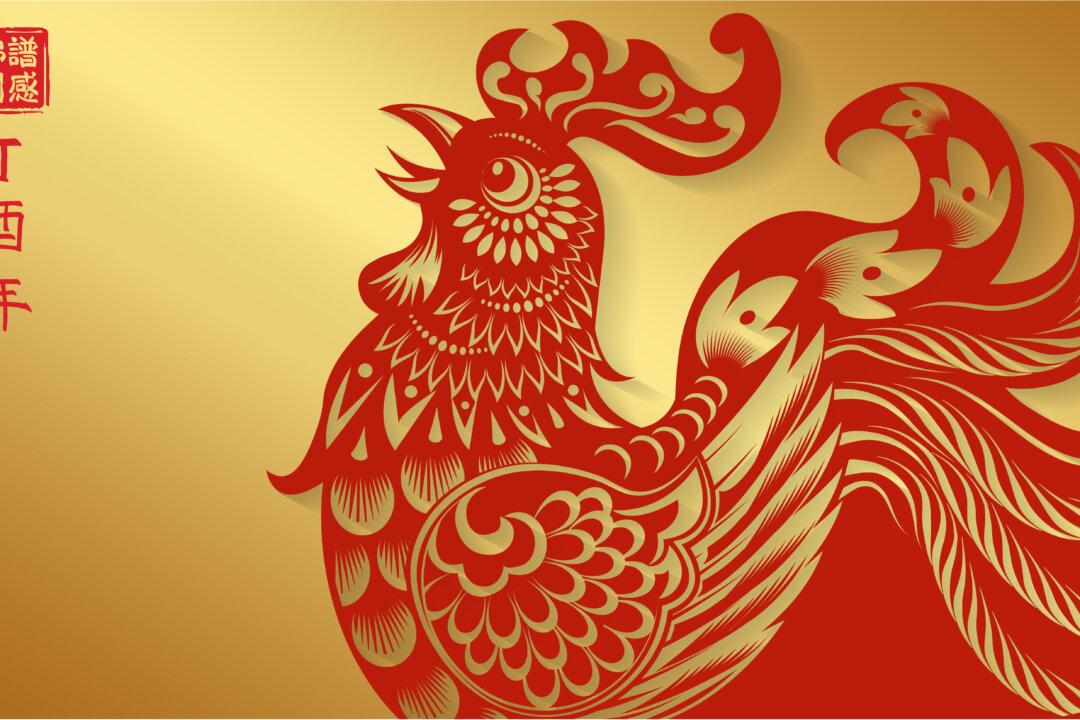Fan Zhongyan (A.D. 989–1052) was a prominent Confucian scholar and politician in the Northern Song Dynasty. He was known for the famous saying: “Be the first to care for the nation’s fate and the last to enjoy its comforts.”
Fan Zhongyan’s lessons about dedication started early. When Fan was two years old, his father passed away. From a very young age, he had to bear many hardships during his studies. The only food afforded him was two portions of porridge each day. In the winter, he had to cut frozen porridge into pieces for his meals.
Later, he found his life took an even worse turn when his mother left him and he had to seek lodging in a temple.
Honed by Hardship
Lodged in a tiny spare room of the temple, Fan Zhongyan was astonishingly diligent in his studies. He washed his face with cold water to fight against tiredness, or took a nap leaning against a wall. It is said that he did not sleep in a bed for five years.
There was a time when a classmate’s father discovered that Fan could only afford one portion of porridge for his daily meal, so he had some delicious food sent over. Yet Fan did not touch any of it.
When asked why, Fan replied “I am very grateful for your kindness. However, I am concerned that such good food could spoil me and in the future I would not be content with my porridge.”
Honesty as a Matter of Course
Although he lived in poverty, Fan guarded his character with great vigilance. Once, he accidentally discovered an urn full of silver bullion buried in his room. He did not take any of it.
Shortly after, Fan passed the imperial civil service examination and started his political career. When the monks from the temple where he had stayed asked him for a donation, Fan told them about the silver bullion in the tiny room and how to find it.
Impressed by his honesty, the monks praised him and said, “With Fan as a government official, justice for commoners will finally come.”
Establishing a Legacy of Charity
While in service as a minister, Fan attempted to fight against corruption and nepotism. He also proposed a series of policies to reform the civil service examination and the land allocation process, and to improve the military forces.





